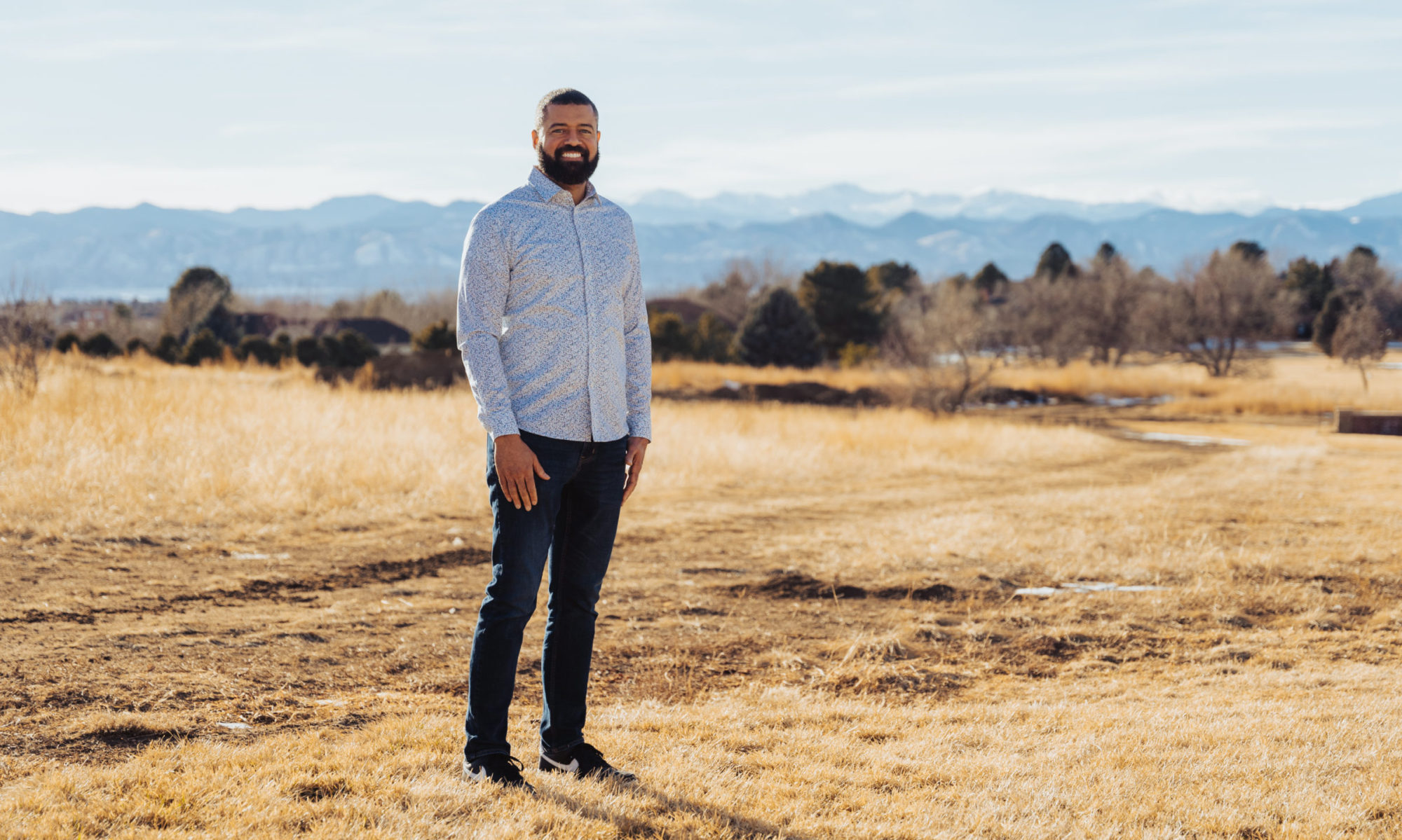 One of the most important discoveries for me was the theological concept of imputed righteousness. When I was a preaching intern, I was instructed to write an essay on the topic. This teaching has tripped up many a Restorationist. I have had discussions with church members and ministers about the unearned nature of salvation and the way in which we are made righteous. After describing imputed righteousness, it is usually followed up with a “but.” The conversation then transitions to our need for obedience and if a person can lose their salvation.
One of the most important discoveries for me was the theological concept of imputed righteousness. When I was a preaching intern, I was instructed to write an essay on the topic. This teaching has tripped up many a Restorationist. I have had discussions with church members and ministers about the unearned nature of salvation and the way in which we are made righteous. After describing imputed righteousness, it is usually followed up with a “but.” The conversation then transitions to our need for obedience and if a person can lose their salvation.
Luther makes the distinction between these two theological thoughts by defining them as active and passive righteousness. John Mark Hicks refers to this in his article Grace, Works, and Assurance: A Theological Framework.
One of the first of Luther’s works to attempt to outline this perspective is a pamphlet entitled On Two Kinds of Righteousness. Here he distinguishes between an active and a passive righteousness. Active righteousness is one which we earn for ourselves; it is our personal righteousness. Passive righteousness is a righteousness which we receive but we did not earn nor personally achieve. It is a righteousness which comes from outside of ourselves as opposed to one which comes from within us.
This breakdown of righteousness by Luther may have saved him from a breakdown. Before this discovery he was continually questioning his salvation, flogging himself, and only viewed God’s righteousness as an instrument of eternal punishment.
In John Mark Hicks’ article Soteriology: Union with Christ he points out that salvation is “about the present and future.” It is also about the past. Salvation much like faith is triune. “Faith is the means of justification, sanctification and glorification” (John Mark Hicks). Soteriology (the doctrine to salvation) is comprehensive, ecclesiological, and for the glory of God through the Spirit by Christ Jesus our Lord.
Salvation is past, present, and future. John Mark Hicks also describes it as personal, communal, and cosmic. Cosmic in the hope of recreation, the restoration of all things – the new heavens and the new earth, where we are transfigured, and will reign together with our Creator.
We will be saved as part of the new creation to image God in the new heavens and new earth. We will be saved for eternal communion with God and to serve God as his images in the new temple, the new creation. God will save us to restore our original dignity and function, and God will glorify us by reinstating our dominion (reign) over the creation. Thus, with transformed bodies and souls we will again co-rule with God in the cosmos he created (John Mark Hicks, Salvation Sector 3).
How is knowing that righteousness from God is unearned help you to understand salvation?
Please subscribe, share, and leave a comment below! Thanks for visiting!
Jovan preaches for Littleton Church of Christ near Denver, Colorado. Visit here to listen to sermons preached at Littleton Church.
